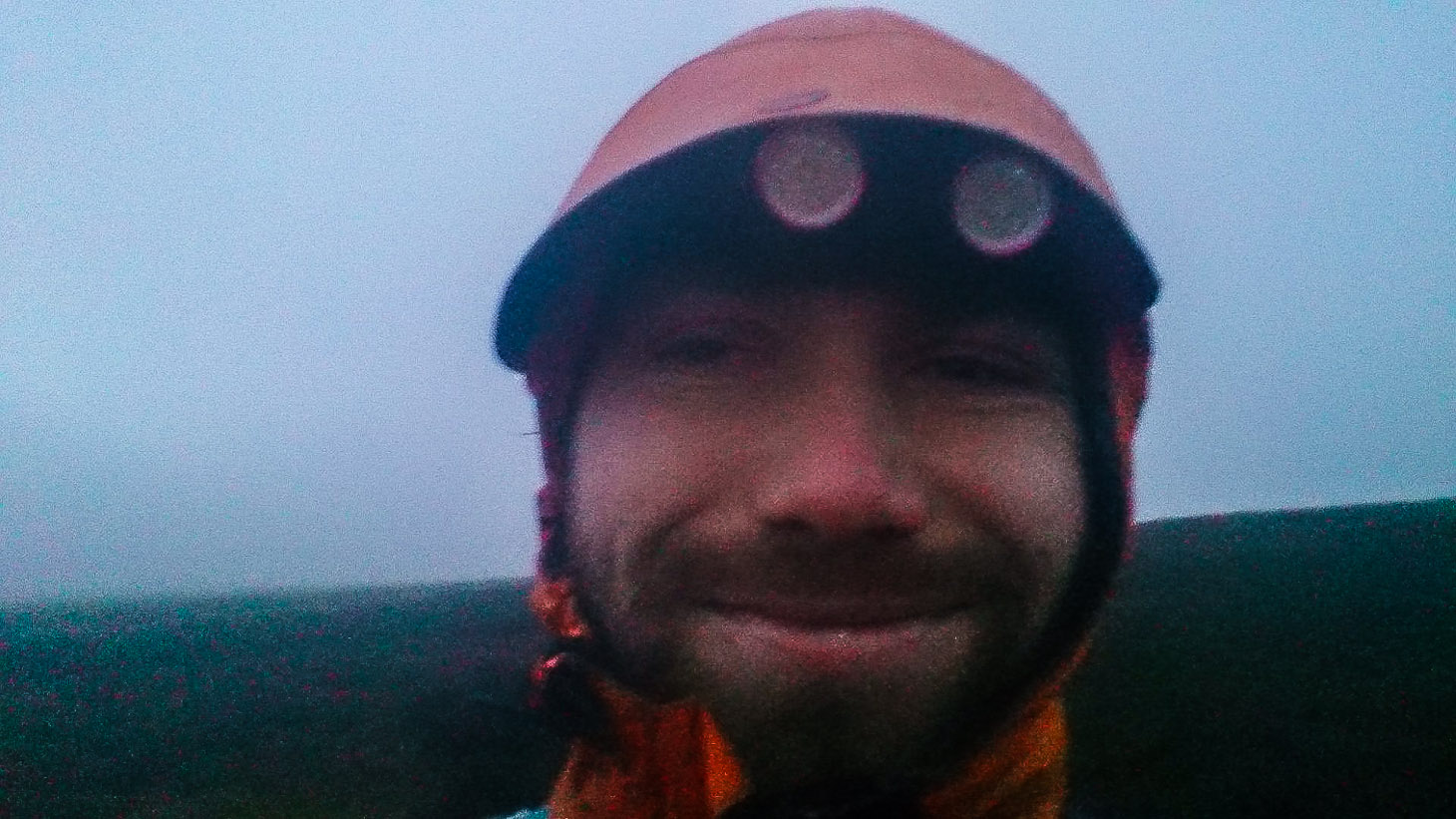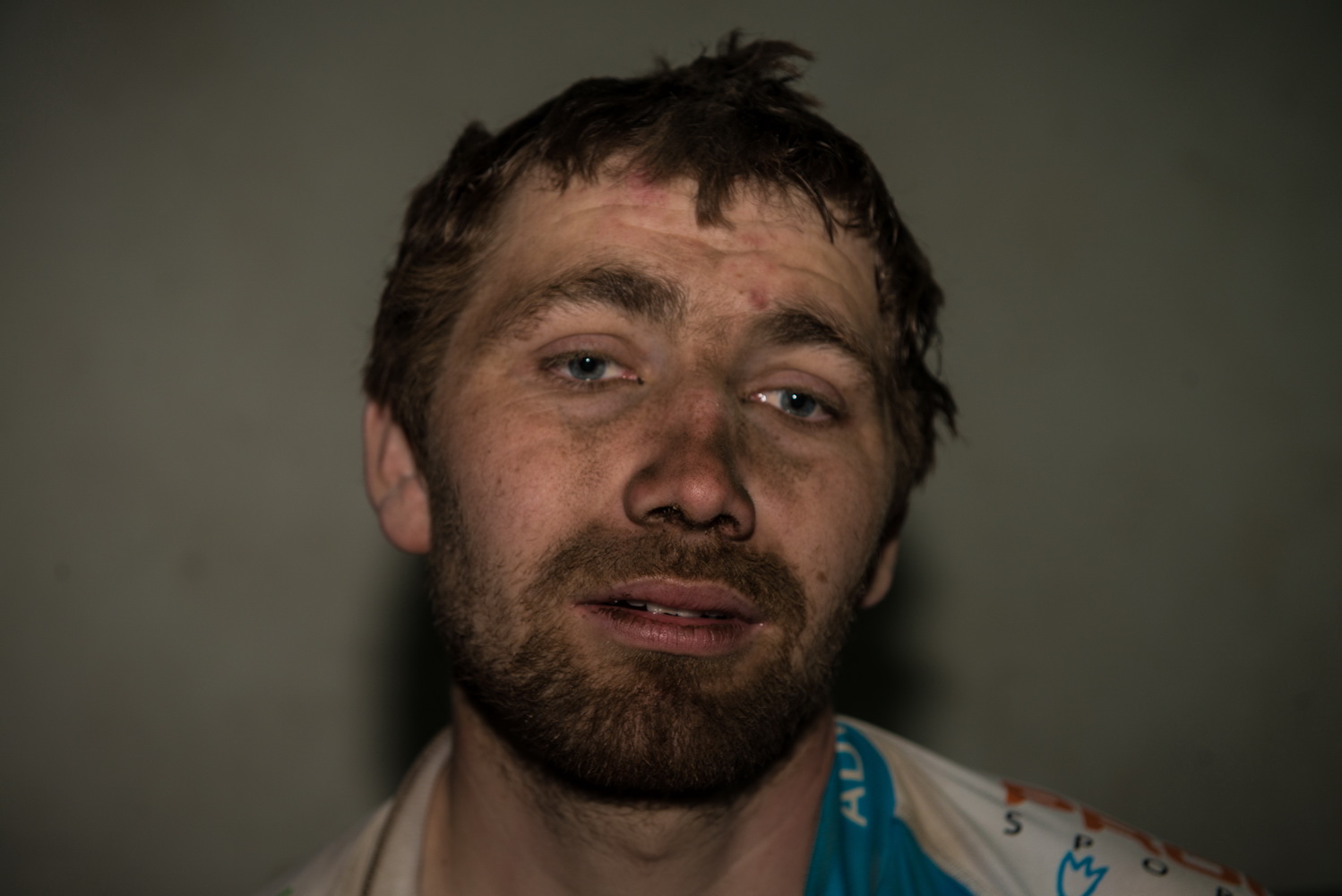Tips for The Spine Race
I have been approached by many people and asked about some tips, what to do and what not on The Spine Race. The race starts in a month and i tis a perfect time to share some of these thoughts. I don’t claim that these thoughts are valid universally. They may not help you, but there is a good chance they will. Basically, they helped me on the last Spine Race, they help me on other races and I hope that they will help you as well. If you find just one of the tips useful, then this article has served its purpose.
These tips are not about how much miles you log or how much miles you should train, what is the lightest and most advanced gear, or which kit to take. These ideas do not replace training and preparation, but these are ideas about attitude and they can be implemented regardless of how much you train. They can be implemented on top of your training. And, the best part of them – they can be implemented now – it is never too late.
You do not need to follow the list one question by one and in given order. And you will not ask these questions only once and the list is by far not exhaustive. Once you come to later points you may rethink the former ones, or other questions may come to your mind. But that’s just fine. You are making progress.
So you train a lot, huh? Or you don’t train at all and wait for Christmas? But how much time did you spend thinking about the race? I don’t mean thinking about the race while driving to work or posting statuses on facebook. Take your time, just sit down, try to think about The Spine Race and start asking yourself questions. You may not have the answers ready now, but keep asking. By the time you will stand on the start line, you will have them answered.
The Spine Race. 260 miles of winter, darkness and suffering. Why the hell are you doing this? Yep, why? Probably the single most mental thing is your motivation. You should have a strong motivation to go through this. And you need to be aware of what the incentive is. So stop for a while and ask yourself.
Why are you doing this? What is your goal? Has it always been your dream? Or do you want to embarass your work who is training for lousy marathon? Or the beer at the finish line? All good. Every motivation is OK, just be clear at this point.
Try to go through some likely race scenarios and try to think of what would you do. What you will do if you have blisters? If you feel very sleepy? If you have no spare dry clothes while out there on the stage? If you break your wrist?
Try to be clear what your preferred response is. How much discomfort can you bear? How far are you willing to go? How much are you willing to sacrifice? (That’s why there is the question about broken wrist).
There is no right answer. It is never not enough and never too much, as long as you are ok with that. And as long as you are aware of it. Another good question while out there in the field when considering what to do next is “What have you already done and gone through to get to that point.” Try to answer these questions and remember the answers.
The race is tough and given the tiredness, exhaustion and sleep deprivation your thinking may not be very clear. But if you have something to refer, it helps a lot. The answers you may come up now may seem strange while on the course. You will not get answers to all possible questions (What is the average velocity of unloaded swallow?), or you may know the answer (42!) and wonder what the question was. It is you on the course, who is the freak. You may wonder how you could have come up with such answers, but you did and you got them in the warmth of your home when your senses worked great and your reasoning was sound, so you’d better stay with this judgement.
So what will you do? Will go without sleep for first night? Second night? Or will you use opportunities for rest wisely? You may not have the best strategy, but it is still better than none. So try to have a strategy and try to follow it. It will give you perspective why are you doing certain things.
Know your strong and weak points
This is a hard point and comes with racing experience. But still, try to ask yourself. Your strategy should take these questions into account. Does it? By asking these questions you will not probably find a new fact [facts are revealed with experiments – racing, training], but it may help you to summarize them, to see them more clearly, reveal some pattern, or find a discrepancy in your race strategy.
Throw away your split times, stick to your strategy
Now you may have some idea, what you are going to do in the race. And you may also have done some estimations, sort of a time schedule. That’s a good idea. But… What is it really? They are some virtually arbitrarily chosen values based on your estimations, assumptions, and sometimes calculations. It is by no means an obligation. Don’t get yourself too distracted if you do not follow them. Maybe you are doing well and you are ahead of them. Or the race is simply tougher, conditions are more adverse… whatever. If you are having troubles because of harsh conditions, it is very likely that others have the same troubles. So be prepared to discard your time estimations. But stick to your plan, to your strategy.
If your plan is to have decent sleep at every TA and you are running late – do it, have the sleep.
Experiment.. During training!
Do you have a good idea that may help you during the race? Some interesting piece of kit? Try it in the training. If it works well, implement it to your race strategy. Simply avoid some last moment changes, don’t rely on some super-secret special “weapons”. If you want to replace doughnuts with some high-tech energy bar, do it. But not let the race be the first time you do it, try it several times beforehand. [I would still prefer the doughnuts…]
I fit works, do not change it
This is almost the same thing as the previous one. You are not searching necessarily for the lightest [fastest, most advanced…] solution. You need something that is reliable as well. So if you have pieces of kit that you you can rely on [even though there may better on the market], I would go for them. Sometimes you have to do last moment changes [in food, kit, race strategy…], but keep these changes as small as possible. The race is hard enough so why make it harder?
Be prepared AND be prepared to improvise.
This may seem as a contradiction, but it’s not. Take your time, do your homework. Have a strategy, prepare your kit and be ready to rock. But do not let get too much distressed, if the things don’t go as planned. There are things you can control, focus on them. But there are lots of variables beyond your control, so be it.
Surprises are inherent part of racing outdoor and we are not sometimes happy when we encounter them. But later they are transformed into experience and stories and in the end everyone likes them.
Staying healthy or in shape?
Well, the obvious answer is “both”. But during your preparation you may come to a point where you ask yourself whether to train or to rest. Or you feel some pain in your foot. Would you train more and disregard it or relax and give it some time to heal? As the race progresses, you will not get any healthier. Every minor scratch, rubbing and pain will just get bigger and stronger and may mushroom to something that draws all our attention and we cannot ignore it however hard we try. [There’s plenty of examples] So, as a general rule, I would prefer staying healthy and trying to cure even minor issues. You cannot do much progress in the same amount of time as your body needs to heal. If your time to cure certain troubles is long enough, that the training progress would be comparable, then you have probably serious medical troubles and should consider not starting and you’d better put yourself together. You can lose a lot (beyond the race) but not going perfectly fit into the race.
Enjoy and share
We do it deliberately; we do it because we want to do it. So let’s have some fun. Grueling and brutal does not look funny on the first sight, but it is! Let’s find it. However twisted and perverted it may be.
Sometimes things don’t go our way, but in the end it is experience and I am glad to have it.
Few examples:
Racing experience [and results] are so different each time I race, but I am glad to have them. All of them.
If are interested in some more specific thoughts on the Spine Race, send me a message at https://www.facebook.com/ARPalonc or leave comment here. I either message you back or compile another





Pingback : UTD – Ultra Trail for Dummies – VOL01 | Zuzka Urbancová
Pingback : UTD – ULTRA TRAIL FOR DUMMIES – VOL01 | Czech Skyrunning Association